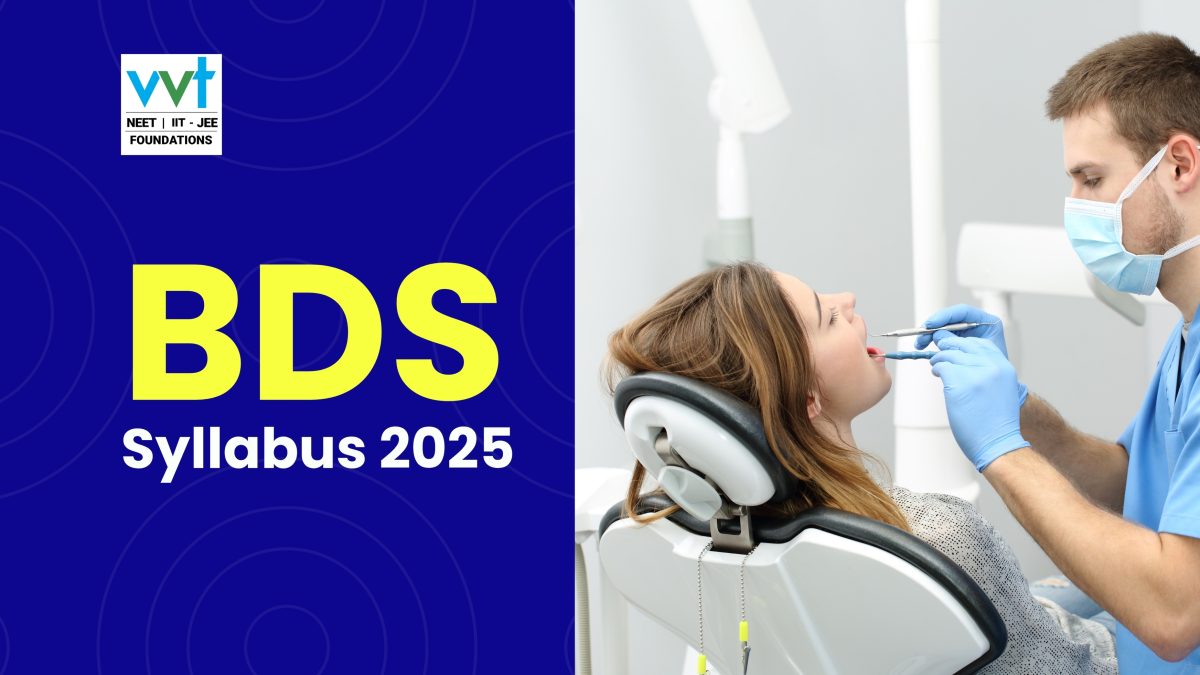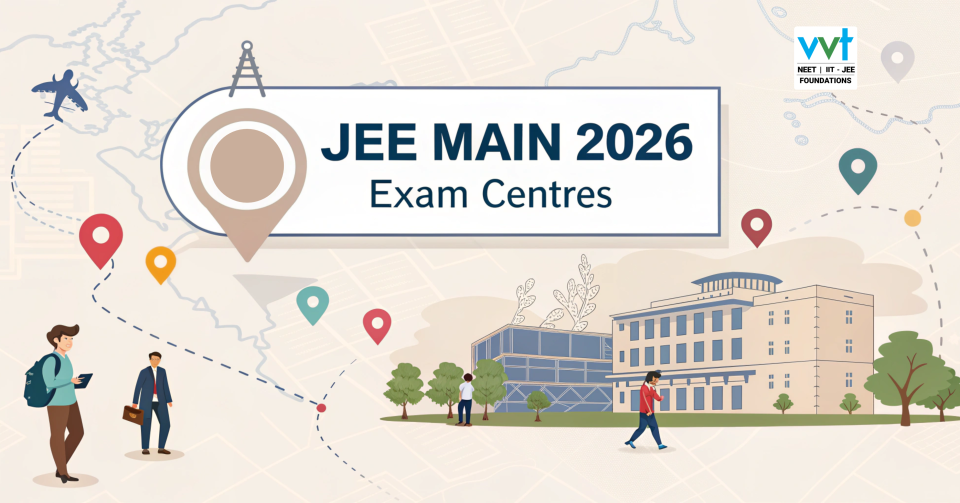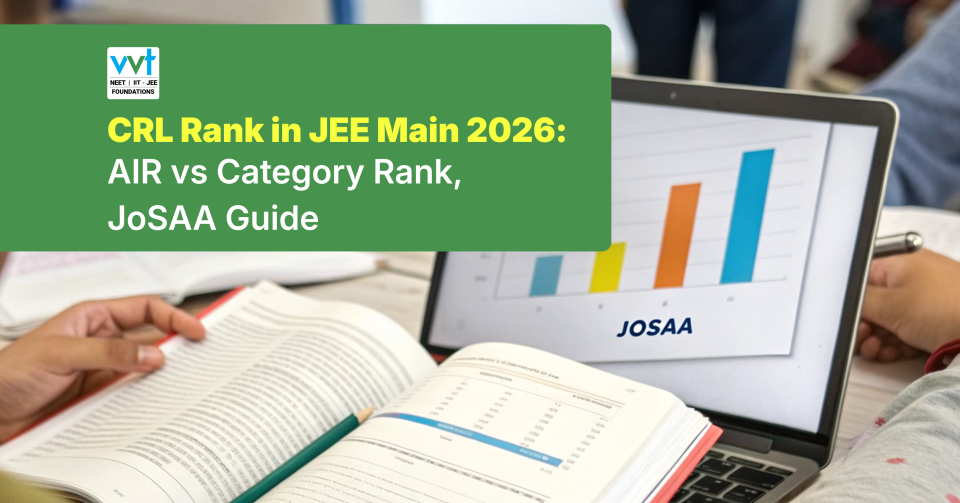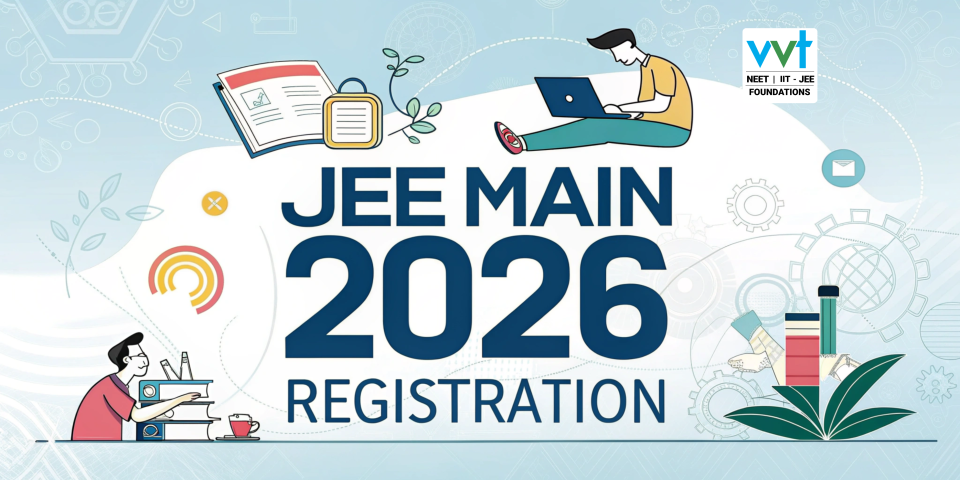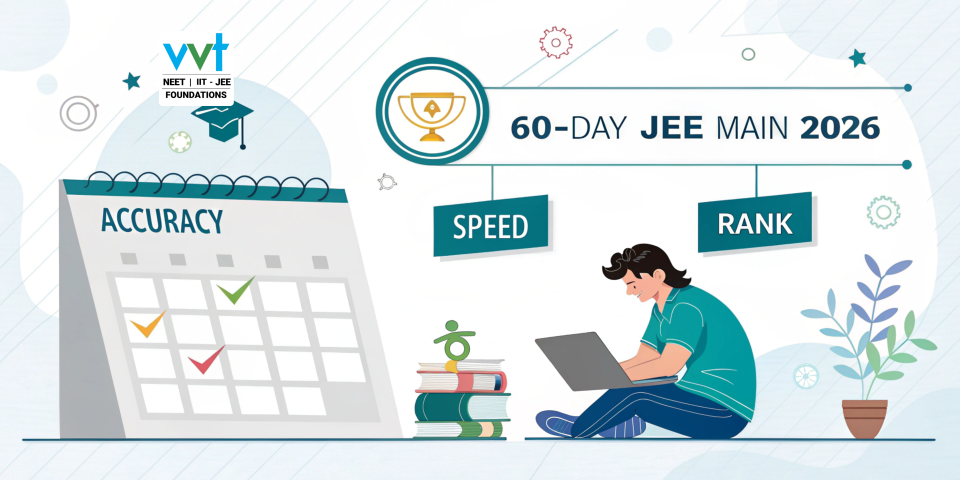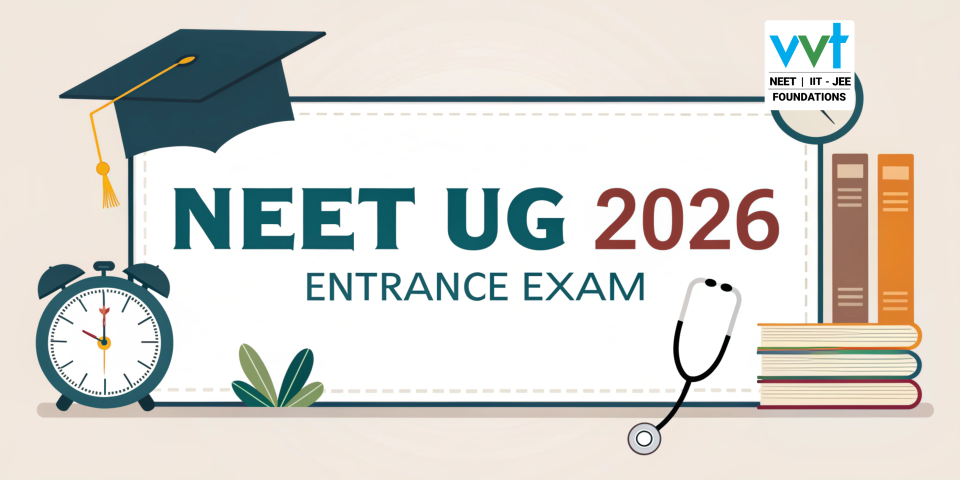
BAMS Cut Off for NEET 2025: Category Wise and Previous Trends
August 1, 2025
NRI Quota in NEET 2025: Eligibility, Documents, Fees & How to Apply
August 4, 2025BDS Syllabus 2025: Complete Year Wise Topics for Dental Students
VVT Coaching Chennai – Ranked #1 Best NEET Coaching Centre by Times Now!
Aspiring to become a dentist? The Bachelor of Dental Surgery (BDS) is a five year journey that equips you with the skills to excel in oral healthcare. Understanding the BDS syllabus is key to navigating this rigorous program and preparing for a rewarding career.
This guide provides a detailed, year wise breakdown of the BDS syllabus, highlights key topics, and explains how VVT Coaching can help you ace the NEET exam to secure admission to top dental colleges in India. Whether you’re a student or a parent, this article offers clear, actionable insights to support your dental education goals.
What is the BDS Syllabus?
The BDS syllabus, regulated by the Dental Council of India (DCI), is designed to provide a comprehensive education in dental sciences. Spanning four years of academic study and a one year mandatory internship, the curriculum blends theoretical learning with hands-on clinical training. It covers core subjects like General Human Anatomy and specialized fields like Orthodontics, ensuring graduates are ready to diagnose, treat, and prevent oral health issues.
Year Wise BDS Syllabus Overview (2025–2029)
Below is a comprehensive breakdown of the BDS syllabus from the first to the final year. Each academic year is carefully structured to build both theoretical knowledge and practical skills, progressing from foundational subjects to advanced clinical training.
BDS First Year Syllabus (2025–2026)
The first year lays the groundwork in medical and dental sciences. Students are introduced to human anatomy, physiology, and basic dental concepts, setting the stage for more advanced learning in later years.
| Subject Name | Topics Covered |
| General Human Anatomy including Embryology & Histology | Basics of the human body; skeletal, muscular, and vascular systems; nervous system including brain and spinal cord; detailed head and neck anatomy; embryology of the face, palate, and teeth; histology of oral structures. |
| General Human Physiology including Biochemistry | Cell functions, blood circulation, respiratory, digestive, and excretory systems; endocrine and nervous systems; metabolism of proteins, fats, and carbohydrates; enzymes, hormones, and vitamins. |
| Dental Anatomy, Embryology & Oral Histology | Morphology of permanent and deciduous teeth; tooth development; histology of enamel, dentin, pulp, and cementum; eruption and shedding; practical training in wax carving. |
BDS Second Year Syllabus (2026–2027)
In the second year, students begin exploring deeper biomedical sciences and dental specialties. Practical training becomes more prominent, especially in restorative dentistry and prosthodontics.
| Subject Name | Topics Covered |
| General Pathology and Microbiology | Mechanisms of cell injury and repair; inflammation and healing; immunology, neoplasia, and hypersensitivity; introduction to bacteriology, virology, and mycology; sterilization techniques. |
| General and Dental Pharmacology and Therapeutics | Drug mechanisms and classifications; drugs affecting major systems; antibiotics, analgesics, anti-inflammatories; local and general anesthesia; drug interactions and adverse effects. |
| Dental Materials | Composition and properties of dental materials; impression materials, dental cements, alloys, acrylics, and composites; manipulation techniques; casting and soldering; biocompatibility. |
| Preclinical Conservative Dentistry | Basics of tooth cutting and cavity design; wax carving; cavity simulations; handling of restorative materials. |
| Preclinical Prosthodontics and Crown & Bridge | Introduction to complete dentures; impression and cast techniques; occlusion theories; denture retention; lab steps for prosthesis fabrication. |
BDS Third Year Syllabus (2027–2028)
The third year introduces more clinical training. Students begin diagnosing and understanding oral diseases while gaining exposure to public health initiatives and general medical sciences.
| Subject Name | Topics Covered |
| General Medicine | Systems-based approach: cardiovascular, respiratory, GI, endocrine, and immune disorders; infectious diseases (TB, hepatitis, HIV); emergency medical management in dental settings. |
| General Surgery | Basic surgical principles; wound healing and management; hemorrhage and infection control; surgical instrument sterilization; minor maxillofacial surgical procedures. |
| Oral Pathology & Oral Microbiology | Diagnosis of oral mucosal lesions; dental caries and pulp pathology; odontogenic cysts and tumors; oral cancer detection; biopsy techniques. |
| Public Health Dentistry (Community Dentistry) | Concepts of dental public health; epidemiological methods; fluoridation and preventive strategies; school health programs; participation in field surveys and camps. |
BDS Fourth Year Syllabus (2028–2029)
In the final year, students refine their clinical skills. The focus is on advanced procedures in restorative dentistry, surgery, and patient management across all age groups.
| Subject Name | Topics Covered |
| Oral Medicine and Radiology | Diagnostic protocols for oral diseases; radiographic imaging (IOPA, OPG, CBCT); interpretation skills; systemic condition correlations; radiation safety and film handling. |
| Oral and Maxillofacial Surgery | Tooth extraction methods; minor surgeries; management of impactions, TMJ disorders, cysts, tumors, and trauma; surgical preparations for prosthetics. |
| Periodontology | Gum and periodontal disease diagnosis; non-surgical and surgical periodontal therapies; scaling, root planing; occlusal therapy; post-treatment maintenance. |
| Prosthodontics and Crown & Bridge | Full and partial denture prosthetics; fixed dental prostheses; basics of dental implants; occlusion principles and practical procedures. |
| Conservative Dentistry and Endodontics | Tooth restoration techniques using amalgam, composites, GICs; root canal treatment; aesthetic dentistry; bleaching and post-core techniques. |
| Orthodontics & Dentofacial Orthopaedics | Growth and development fundamentals; classification and treatment of malocclusion; design and use of removable/fixed/myofunctional appliances. |
| Pedodontics and Preventive Dentistry | Pediatric patient management; behavior control techniques; preventive care (fluoride use, sealants); primary and mixed dentition care; pediatric endodontics. |
| Public Health Dentistry | Advanced community programs; treatment planning at the population level; mobile dental units; implementation of school health initiatives. |
Key Topics in the BDS Syllabus
The BDS syllabus covers a wide range of topics essential for dental practice. Here are some highlights:
- Dental Anatomy: Understanding tooth structure, development, and nomenclature.
- Oral Pathology: Studying diseases affecting the oral cavity, including tumors and infections.
- Prosthodontics: Designing and fitting dental implants, bridges, and dentures.
- Periodontology: Diagnosing and treating gum diseases.
- Oral Surgery: Performing tooth extractions, jaw surgeries, and facial reconstructions.
- Public Health Dentistry: Addressing community oral health and preventive care.
These topics combine theoretical learning with practical labs, ensuring students gain both knowledge and clinical skills.
Why VVT Coaching is Your Key to Success
To pursue BDS, you must clear the NEET exam, a highly competitive test requiring thorough preparation. VVT Coaching offers specialized NEET programs to help you achieve top scores and secure admission to prestigious BDS colleges. Here’s how VVT Coaching stands out:
- Expert Faculty: Learn from experienced instructors who understand NEET’s demands.
- Comprehensive Study Materials: Access up to date resources covering Physics, Chemistry, and Biology.
- Regular Mock Tests: Practice with exam-like tests to build confidence and track progress.
- Personalized Guidance: Get support for college selection and counseling processes.
VVT Coaching has empowered countless students to join top colleges like Maulana Azad Institute of Dental Sciences and Saveetha Dental College, making it a trusted choice for aspiring dentists.
Conclusion
The BDS syllabus is a well rounded curriculum that prepares students for a successful career in dentistry. By understanding the year wise topics and key subjects, you can plan your studies effectively and excel in your dental education. With the right preparation, clearing NEET and securing admission to a top BDS college is within reach.
VVT Coaching is here to guide you every step of the way, offering expert support to help you achieve your dreams. Visit our website today to start your journey toward becoming a skilled dental professional.
FAQs on BDS Syllabus
1: What are the subjects in the first year of BDS?
The first year includes General Human Anatomy Including Embryology and Histology, General Human Physiology, Biochemistry, Nutrition and Dietetics, and Dental Anatomy and Dental Histology.
2: Is there a distance learning option for BDS?
No, BDS is a full time program with no online, part time, or distance learning options, as it requires extensive clinical training.
3: How can VVT Coaching help me prepare for NEET?
VVT Coaching offers tailored NEET preparation with expert faculty, comprehensive materials, mock tests, and personalized guidance to help you secure admission to top BDS colleges.
4: What is the role of the internship in the BDS course?
The fifth year internship provides hands-on clinical experience in hospitals or clinics, allowing students to apply theoretical knowledge in real world settings.
5: Are elective subjects mandatory in the BDS syllabus?
Electives like Aesthetic Dentistry or Forensic Odontology are optional and depend on the university’s offerings and student interest.

